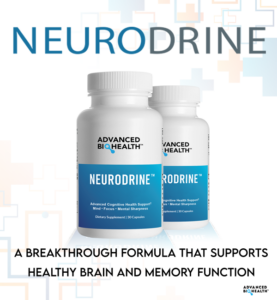Can metals such as aluminum cause dementia or Alzheimer’s?

If you’re looking for risk factors for Alzheimer’s and dementia, aluminum is one of the least likely causes.
Science tells us that it’s unlikely that you’ll absorb enough metal to cause Alzheimer’s from eating food or drinking water. However, there is a lot more to aluminum exposure than cooking with aluminum foil.
Researchers found traces of aluminum in the brains of patients with Alzheimer’s. However, research has not been able to definitively confirm a link to Alzheimer’s. There might be too little research to establish a meaningful connection between Alzheimer’s and aluminum.
Aluminum is found in many personal products, such as antiperspirants, deodorants and antacids. One study found that people who used antiperspirants and antacids containing Aluminium hydroxide had a higher risk of developing Alzheimer’s Disease. Most scientists however, don’t believe that pots, pans or canned foods pose a risk. Experts are focusing instead on sources such as antacids and antiperspirants.
Studies of mice show that aluminum increases neurological problems in high concentrations. Animal models show that aluminum might also impact amyloid production and degradation.
In small amounts, the body is able to deal with lithium, lead and aluminum. If the body is exposed to high doses, these metals can cause deposits in the brain. Scientists have found strong evidence that these metal deposits can lead to neurological disorders or conditions.
How other metals can harm brain health
Copper, iron, and zinc have been found to contribute to reactive oxygen species, which are damaging molecules. Antioxidants can clear up reactive oxygen species. It’s believed that reactive oxygen species are a contributing factor for Alzheimer’s disease development. Alzheimer’s patients have shown increased levels of reactive oxygen species in their brain.
The body automatically regulates the levels of metals. If this regulation process is disrupted, the accumulation of metal deposits may be responsible in part for conditions such as Alzheimer’s and dementia. There are no definitive studies at this time.





